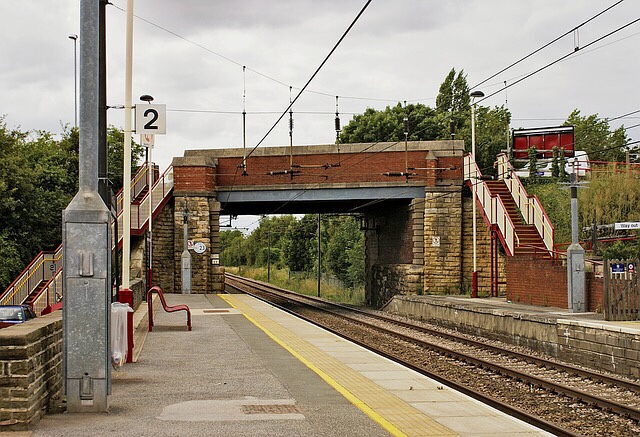It’s often said that England is a country of two halves – especially when it comes to infrastructure. London and the South-East enjoy new commuter trains, re-vamped major stations (e.g. London Bridge) and have the Elizabeth Line coming on stream later this year.
Go North and it can be very different. I’ve written before about major infrastructure projects up North being shelved, in part because the ROI is not as favourable as those in the more affluent South-East. The problem is that this approach is circular – without the investment, the returns can’t ever be achieved because the infrastructure isn’t there to encourage businesses and people to that area.
The Institute for Public Policy Research (IPPR) published a report in Jan 2018 that puts real numbers to this picture. Its calculations of investment challenge those of The Infrastructure and Projects Authority (IPA) and conclude that planned transport investment in London is 2.6 times higher per capita than in the North – around £4,155 per capita in London vs £1,600 in the North as a whole.
This points to a continued lack of balance which reinforces resentment between north and south.
Devolution, in particular the new Mayor of Greater Manchester and the GMCA (Greater Manchester Combined Authority) could change this traditional cost-benefit way of looking at investment. Ok, so life’s not fair. But perhaps it’s time that the North took its future into its own hands and made things happen by developing the Northern Powerhouse Rail or CrossRail for the North independently. From what I’ve read, there is a belief from all the local politicians and councillors that such a programme will benefit the overall economy considerably and hence pay for itself. Equally, waiting for Westminster to take action is like watching paint dry and normally just as fruitless.
There are two parts to this challenge and both can now be overcome. First, in contrast to other countries, most transport policy decisions in the UK are made by central government. Local authorities in England have limited transport powers and get the majority of their funding from central government or from taxes which central government controls. In France, Germany and the Netherlands, regional and local governments play a much bigger role in financing, planning and managing transport. The new Mayor and the GMCA now have the same power to design and control new housing and transport strategy for the entire conurbation. Therefore, they have the power to drive new transport projects and so I call on the Mayor to take control and drive the Northern Powerhouse forward themselves.
Second, private funding is a route that should be fully explored. Given adequate joint support from the local authorities this should also be achievable.
The time has come for action not words.
